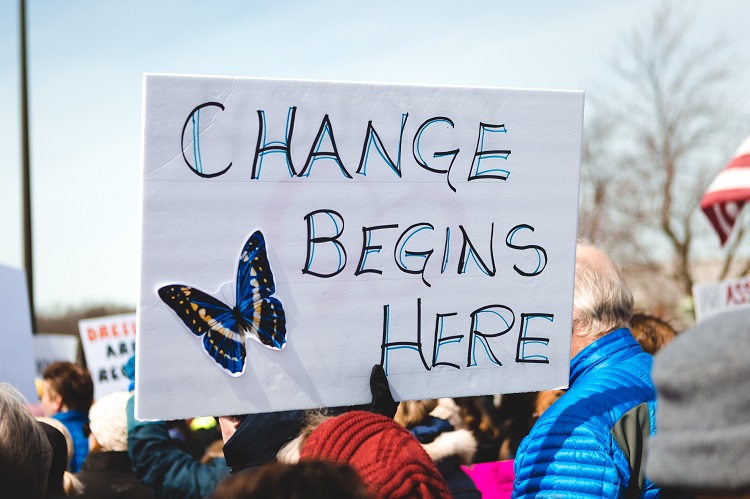Delivering Grove City’s 2012 commencement address, economist Dr. Walter Williams reminded graduates of the “fundamental principles” of free society and challenged them to make the moral case for individual liberty and limited government. This case must be made, Dr. Williams explained, because the redistribution of income carried out by the government amounts to theft and is carried out under the guise of fairness. Check out the full transcript here.
The first principle of a free society, he said, is that each person owns himself. From this flows the implication that people own what they produce. In a free economy, people can exchange the goods they produce for the goods they want. This exchange is s positive sum game, but “When there are coercive exchanges, regardless of the justification, we have a zero sum game where in order for one person to be better off necessarily requires another to be worse off.” It is only “Propaganda and stubborn ignorance” that has us believe capitalism only benefits the rich. This is because “Of all economic systems, free market capitalism maximizes [the] probability [that human transactions are voluntary] best.” In the end, the process of work and exchange “promotes a moral discipline that says: Unless we are able and willing to serve our fellow man, we shall have no claim on what he produces.”
Read an excerpt of his address:
Benjamin Franklin said “A frequent reference to fundamental principles is absolutely necessary to preserve the blessings of Liberty, and keep a Government free.” That is what I would like to do today – talk about fundamental principles. How often do we hear the suggestion that free markets or capitalism is immoral? Some of the alleged injustices of capitalism include that it is a system where there is unfair distribution of income, there is greed and materialism where the rich get richer whilst the poor get poorer, and there’s systematic bias in favor of big business and bias against the little guy. The attempt to find a definitive definition of morality has occupied the attention of philosophers for centuries and has remained elusive. What we can say is morality is only applicable to human purposive behavior. Morality is a concept applicable to people acting, singly or in a group, with a purpose. The concept of morality can be applied to the actions of a corporation, a state, a family, a mob, an individual or any other agent capable of purposive behavior.And check out the remainder here.



